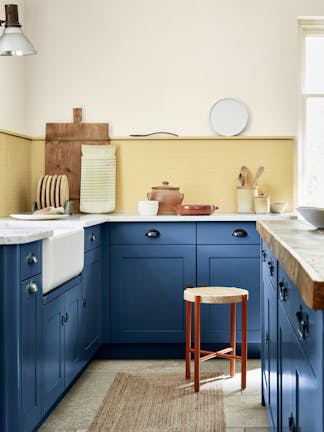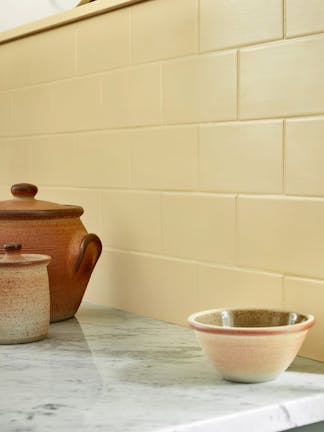Preparation is key when planning an interior decorating project and using a primer is an important step to achieving a beautiful finish; it ensures a smoother adherence of paint to the surface and provides additional protection for the material being painted.

Our water-based Intelligent ASP (All Surface Primer) is suitable for priming a wide range of both interior and exterior surfaces. We recommend using our Intelligent ASP for exterior painting and projects that require a bold colour change.
Intelligent ASP can be used for a range of internal and external surfaces including; existing paint, wood, nonferrous metals, ceramic tiles, glass and plastics. We recommend either 1 or 2 full coats and with a quick drying time of 1 to 2 hours, you can complete your project quickly.

How to get the most out of Intelligent ASP
- Ensure your surface is fully prepared according to our Technical Sheet Data.
- Stir thoroughly before use and do not apply to surfaces when the ambient temperature is below 8°C if there is a risk of rain during application or drying.
- If using a brush, ensure you use a high-quality, synthetic bristle brush that has been conditioned by washing in clean water and thoroughly drying with a clean, lint free cloth.
- If using a roller, use a short nap wool blend type sleeve for best appearance on smooth surfaces. Keep final strokes all in the same direction, maintaining a wet edge throughout. Never be tempted to go over already drying paint!
- Always be sure to allow the paint to thoroughly dry if using another finish on top.







